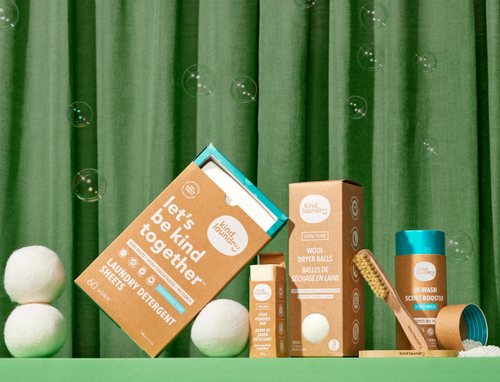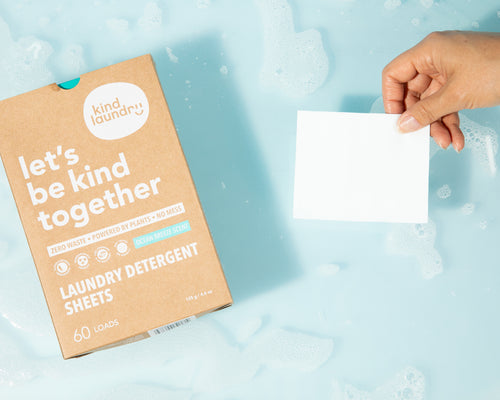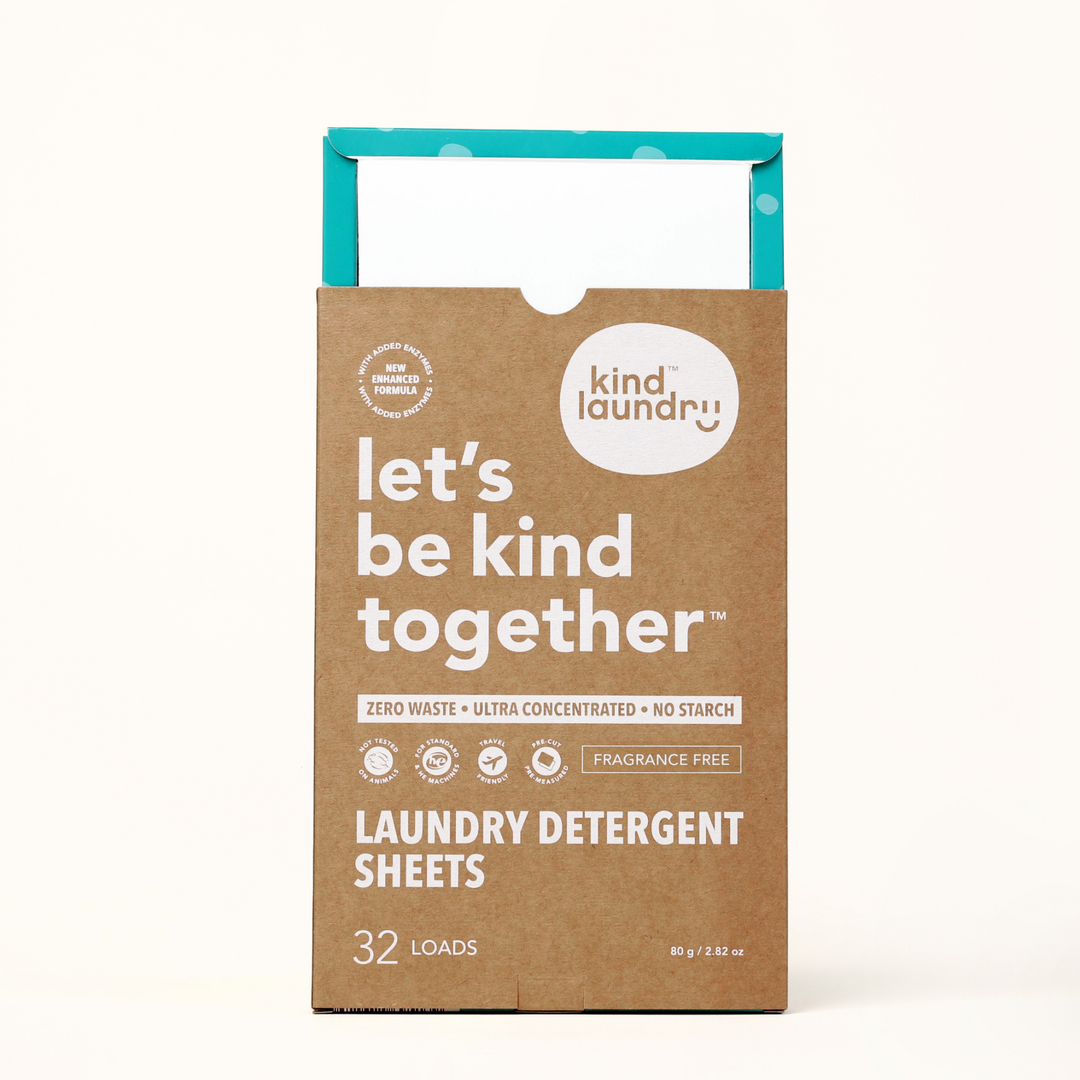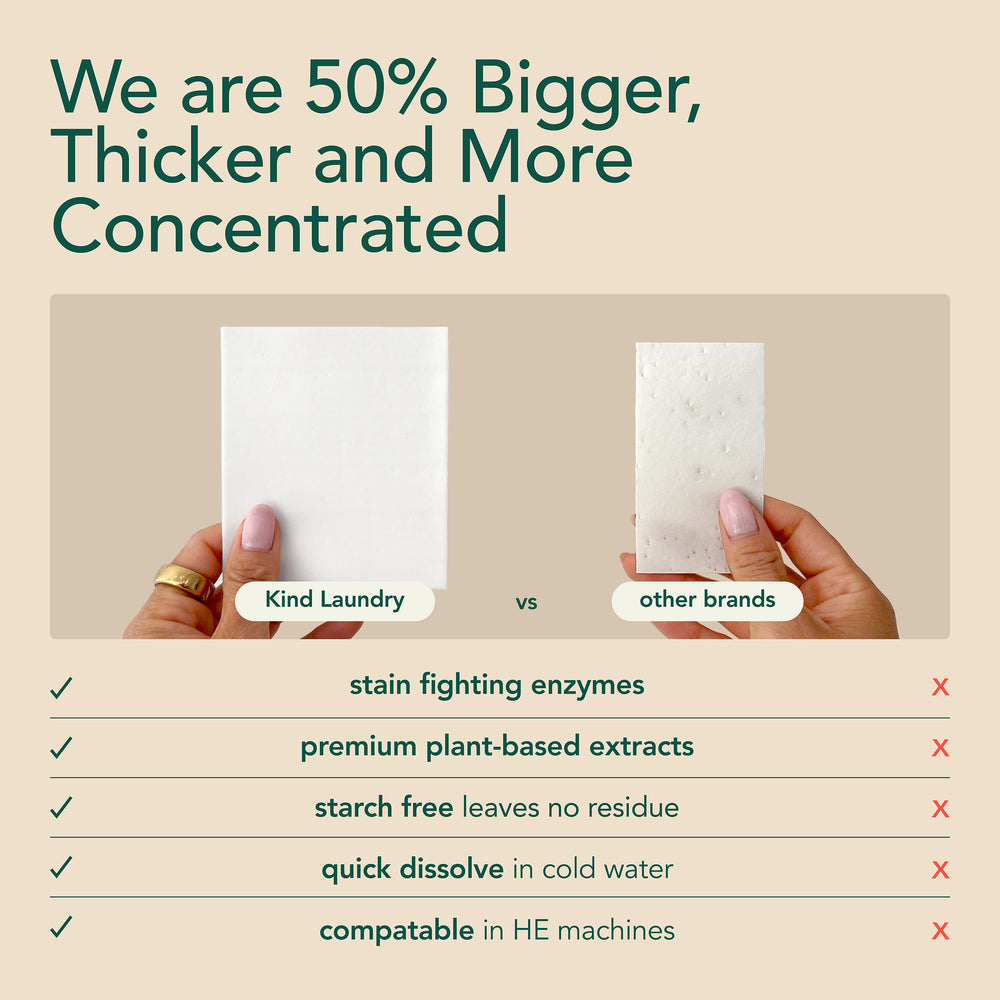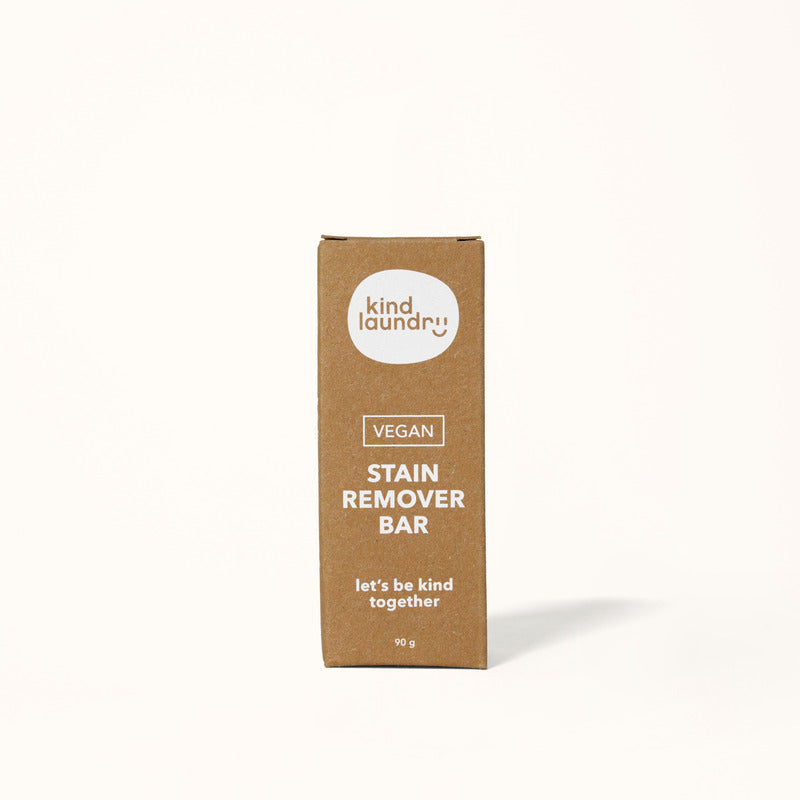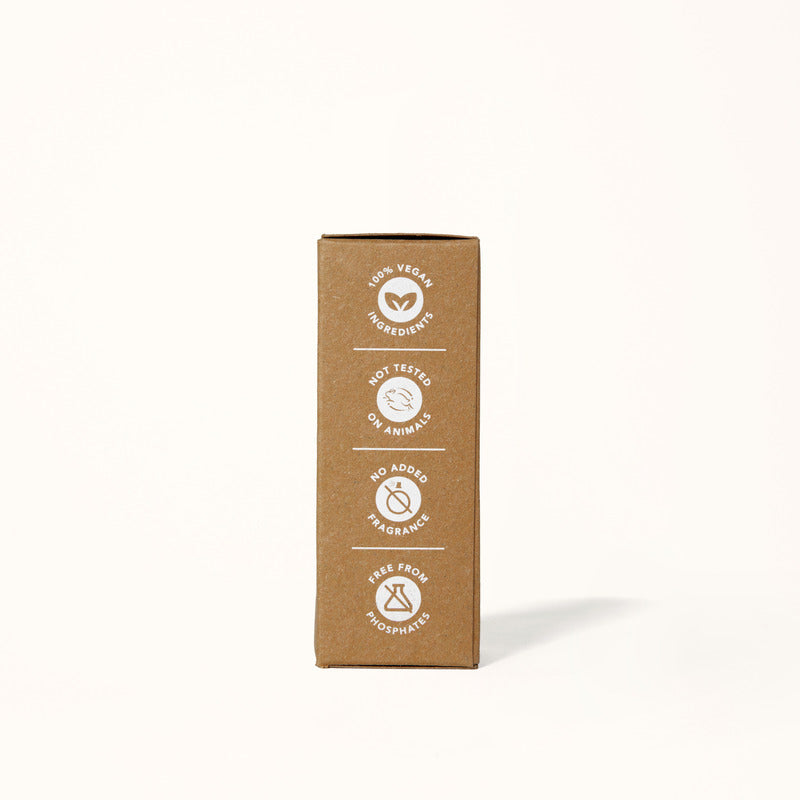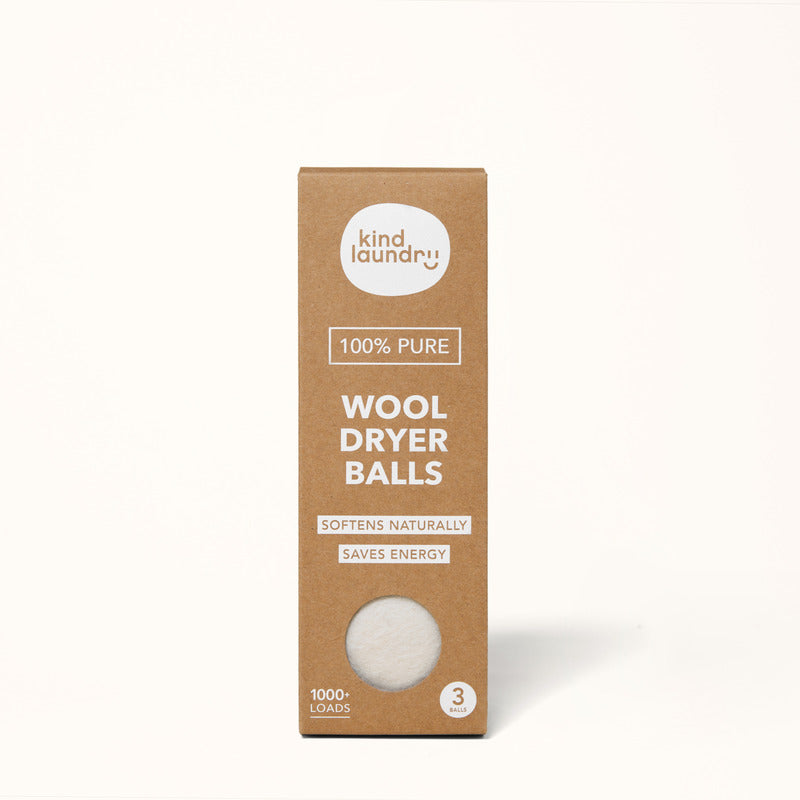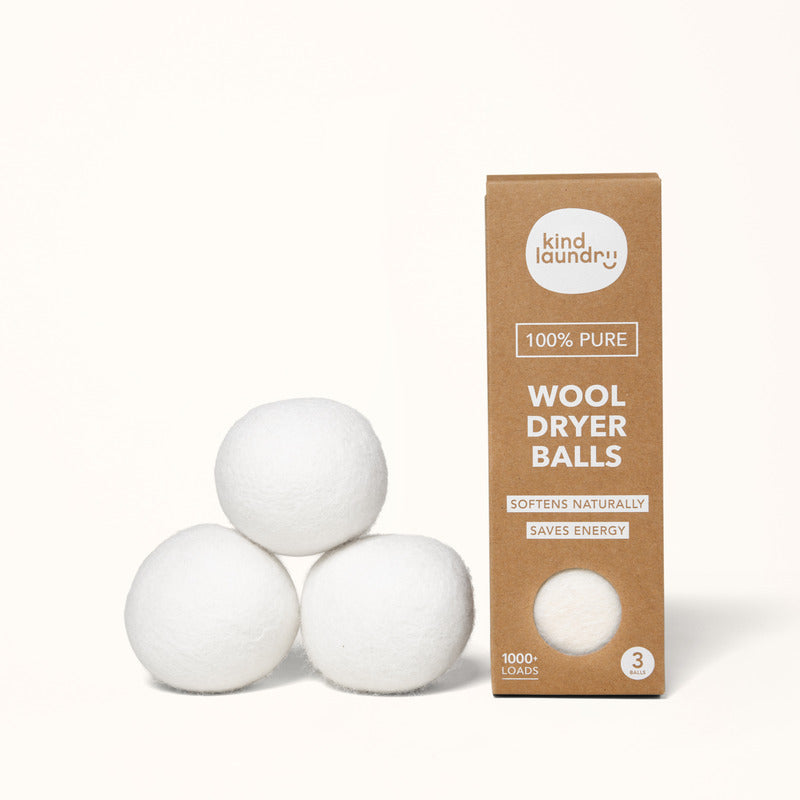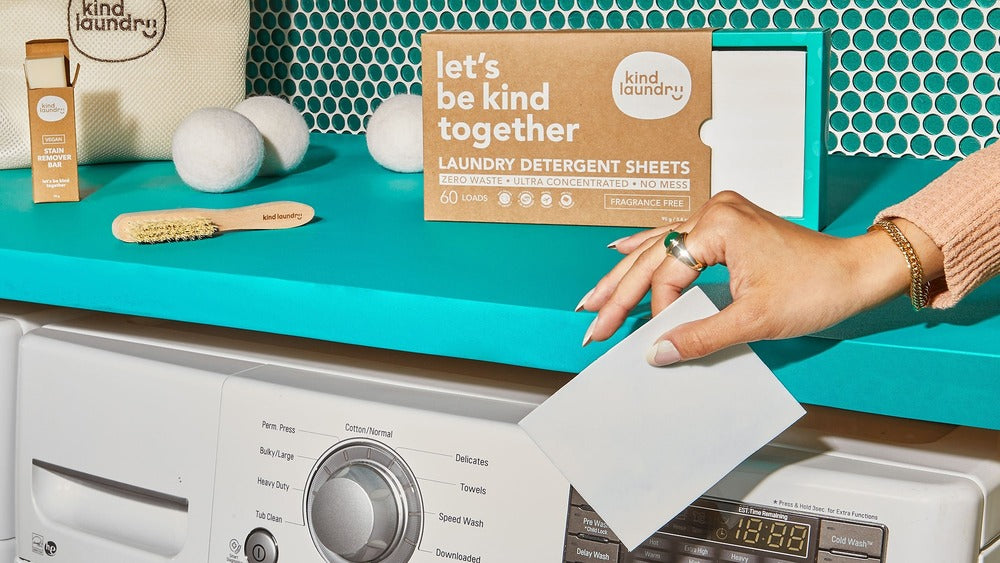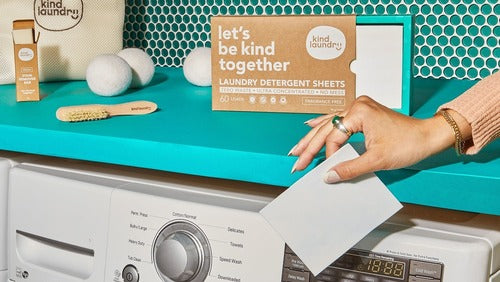Plastic pollution has become a pressing environmental issue, with devastating consequences for ecosystems and wildlife worldwide. The pervasive presence of plastic in our daily lives demands urgent action. Fortunately, there are numerous practical steps we can take to minimize our plastic usage and contribute to a more sustainable future for ourselves and generations to come.
In this comprehensive guide, we'll explore 19 simple yet effective ways to reduce plastic in your daily life. These steps can help in powerful ways to protect the environment, conserve natural resources, mitigate climate change and promote a more sustainable way of living.
By making mindful choices, supporting plastic-free alternatives, and advocating for systemic change, we can all contribute to a cleaner, healthier planet for current and future generations.
Bring Your Own Reusable Bags
Say goodbye to single-use plastic bags by bringing your own reusable bags when shopping for groceries or running errands. Keep a stash of reusable bags in your car or backpack to avoid relying on plastic alternatives.
Invest in a Reusable Water Bottle
Ditch disposable plastic water bottles in favor of a durable, reusable water bottle made from materials like stainless steel or glass. Refilling your bottle with tap water not only reduces plastic waste but also saves money in the long run. There are many options available on the market ranging in size and color.
Use a Refillable Coffee Cup
If you're a coffee or tea enthusiast, opt for a refillable coffee cup instead of disposable cups. Many coffee shops offer discounts for customers who bring their own cups, making it a win-win for both your wallet and the environment.
Switch to Bar Soap
Replace liquid hand soap and shower gel packaged in plastic bottles with bar soap, which typically comes with minimal or no packaging. Look for natural, biodegradable options to further reduce your environmental impact.
Choose Plastic-Free Produce
When grocery shopping, opt for loose produce instead of pre-packaged items wrapped in plastic. Bring reusable produce bags or simply place fruits and vegetables directly into your shopping cart. Make it a habit of storing your reusable bags in your car for quick access when you get to the shop.

Say No to Plastic Straws
Refuse plastic straws when dining out or enjoying a beverage on the go. Consider investing in reusable alternatives like stainless steel, bamboo, or silicone straws that you can carry with you.
Shop in Bulk
Reduce packaging waste by buying items like grains, nuts, pasta, and spices in bulk. Bring your own containers or reusable bags to refill these pantry staples at bulk stores or grocery store bulk bins. Many stores offer discounts when you buy in bulk so you’ll save money, time and the environment as you won’t need to refill as often.
Choose Glass or Metal Containers
Store leftovers and pack lunches in glass or metal containers instead of plastic ones. These durable alternatives are microwave-safe, easy to clean, and eliminate the need for disposable plastic wrap or bags. When you visit a salad bar see if you can bring your own reusable container to fill up on healthy goodies.
Make Your Own Cleaning Products
Whip up homemade cleaning solutions using simple ingredients like vinegar, baking soda, and essential oils. Not only are these DIY cleaners effective and budget-friendly, but they also eliminate the need for plastic-packaged commercial cleaning products. You can store your cleaning products in the same reusable containers over and over to reduce your carbon footprint and eliminate single-use plastics.
Switch to Plastic-Free Personal Care Products
Explore plastic-free alternatives for items like shampoo, conditioner, soap, and toothpaste. Look for products packaged in recyclable materials like cardboard or metal, or opt for package-free options such as shampoo bars and toothpaste tablets. When you plan ahead before you shop you’ll be surprised how many mindful choices you’ll make ahead of time to reduce plastic in your home.
Bring Your Own Containers for Takeout
When ordering takeout or bringing home leftovers from restaurants, bring your own containers instead of accepting single-use plastic ones. Many establishments are happy to accommodate this eco-friendly practice. As with many tips we’ve shared, planning ahead is key so you’re not left having to choose a plastic option.
Avoid Microbeads in Cosmetics
Check the ingredient lists of cosmetics and personal care products to avoid those containing microbeads, tiny plastic particles commonly found in exfoliating scrubs and toothpaste. Opt for natural alternatives like sugar or salt scrubs instead. Read labels and ask questions of the suppliers so you can make better, more informed decisions.
Choose Plastic-Free Packaging
Support brands that use minimal or plastic-free packaging for their products. Look for alternatives like compostable packaging, recycled paper, or biodegradable materials. Our Kind Laundry products are all zero-waste and packaged in recyclable packaging including our detergent sheets, vegan stain remover bar, premium mesh laundry bag, tampico stain brush and bamboo soap dish.
Compost Organic Waste
Reduce your overall waste, including plastic, by composting organic kitchen scraps like fruit and vegetable peels. Composting not only diverts waste from landfills but also enriches soil health and reduces the need for chemical fertilizers.
Opt for Plastic-Free Office Supplies
Choose pens, pencils, notebooks, and other office supplies made from sustainable materials like bamboo, recycled paper, or metal. Avoid plastic-based stationery items whenever possible.
Choose Plastic-Free Pet Products
When shopping for pet supplies, look for plastic-free alternatives such as biodegradable dog waste bags, natural cat litter made from materials like wood or paper and durable toys made from rubber or fabric.

Use Plastic-Free Laundry Detergent
Switching to laundry detergent sheets offers numerous environmental benefits compared to traditional liquid or powder detergents. One of the most significant advantages of laundry detergent sheets is their minimal packaging. Here are the main reasons you should make the switch.
Reduce Plastic Waste - Unlike liquid or powder detergents that typically come in plastic bottles or bulky cardboard boxes, detergent sheets often come in recyclable or compostable packaging, such as paper envelopes or cardboard boxes. By eliminating the need for plastic packaging, switching to detergent sheets helps reduce plastic waste and lessen the burden on landfills and oceans.
Lower Carbon Footprint: Detergent sheets are lightweight and compact, which means they require less energy and resources for transportation compared to liquid or powder detergents. The reduced weight and volume of detergent sheets translate to lower fuel consumption during shipping, resulting in fewer greenhouse gas emissions and a smaller carbon footprint overall. Additionally, some detergent sheet brands may use renewable energy sources or implement sustainable practices in their production processes, further reducing their environmental impact.
Water Conservation: Traditional liquid detergents often contain a high percentage of water, which adds weight and volume to the product. On the other hand, detergent sheets are concentrated and water-free, meaning they require less water to manufacture and use. By using detergent sheets, like our Kind Laundry Detergent Sheets, consumers can contribute to water conservation efforts by reducing the amount of water consumed throughout the product's lifecycle, from production to usage to disposal.
Host Clothing Swaps or Donate Used Items
Instead of buying new clothes packaged in plastic, organize clothing swaps with friends or donate gently used items to charity. This reduces demand for new clothing and prevents plastic waste from accumulating. Read our post here on Fast Fashion and why it’s bad for the environment.
Spread Awareness and Encourage Others
Share your journey to reduce plastic consumption with friends, family, and social media followers. Encourage others to join you in adopting plastic-free habits and advocate for systemic changes to reduce plastic pollution.
Conclusion
Reducing plastic in your daily life is not only feasible but also essential for the health of our planet. By incorporating these 19 simple strategies into your routine to reduce plastic waste, you can significantly minimize your plastic footprint and contribute to a more sustainable future. Let's work together to embrace plastic-free alternatives, raise awareness, and inspire positive change for generations to come.

